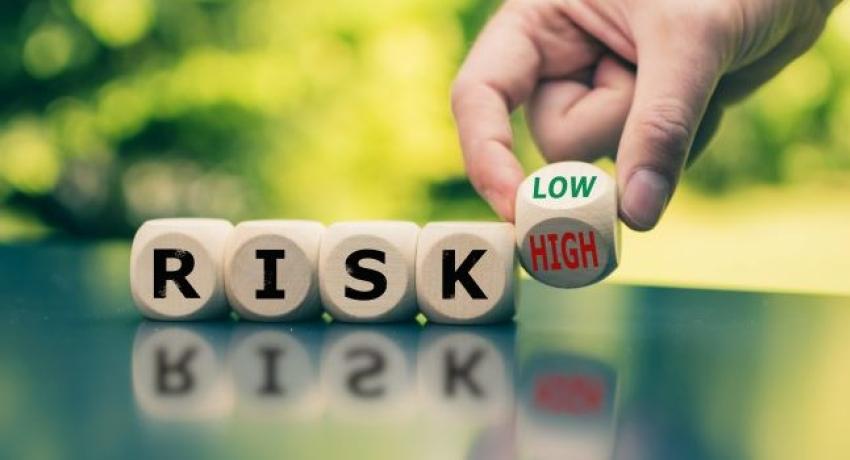Not all people who gamble are alike, nor are the challenges they face. While all forms of gambling involves risk, not all gambling leads to harmful behaviours. Gambling may be a lower-risk entertainment for some, or it may be very harmful for others.
Some people experience negative consequences from gambling harms suddenly, others over many years. There are many reasons why a gambling problem may develop. For example, some people may experience a first “Big Win”, then feel that can always be repeated. Some develop problems when they try to win back money they have lost by “chasing their losses”, or others because they like to “zone out". Others have many life stresses that make gambling feel like a sort of relief.
People experiencing gambling harms are found in all age groups, income groups, gender identities, cultures and jobs. Whether your gambling involves lottery tickets, casino games, horse racing or sports betting, slot machines, online gaming, or video lottery terminals (VLTs), a gambling addiction can cause serious harm to you and your loved ones.
Lower-risk gambling behavior means you:
- limit how much time and money you spend gambling
- accept your losses, and don’t try to win them back
- enjoy winning, but know it happened by chance
- balance gambling with other fun activities
- don’t gamble to earn money or pay debts
- don’t gamble when drinking alcohol or using other drugs
- never borrow money or use personal investments or family savings to gamble
- don’t gamble to escape from your problems or feelings
- don’t hurt your job, health, finances, reputation or family through your gambling.
If you’re experiencing gambling harms, you may have started to:
- lie about your gambling or keep it a secret
- lose track of time and play for longer than you meant to
- feel depressed or angry after gambling
- spend more money than you planned, or more than you can afford
- ignore work and family responsibilities because of gambling
- borrow money or use household money to gamble
- “chase your losses” to try to win back the money you lost
- believe that gambling will pay off in the end
- see gambling as a very important thing in your life
- use gambling to cope with your problems or to avoid things
- have conflicts with family and friends over gambling
- ignore your physical and emotional health because of gambling.
If you, or your loved one needs help with gambling harms or worries, the PEI Gambling Support Line #1-855-255-4255 is available 24/7 for confidential assistance and support. We can help!
